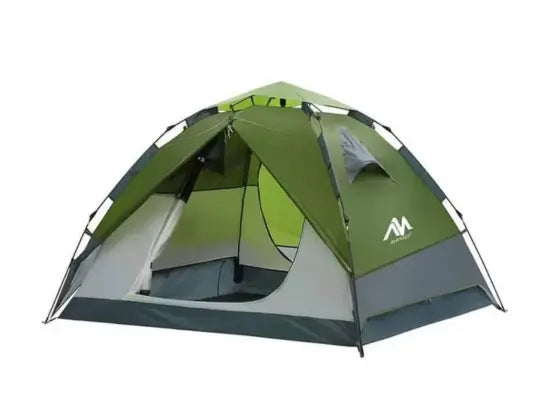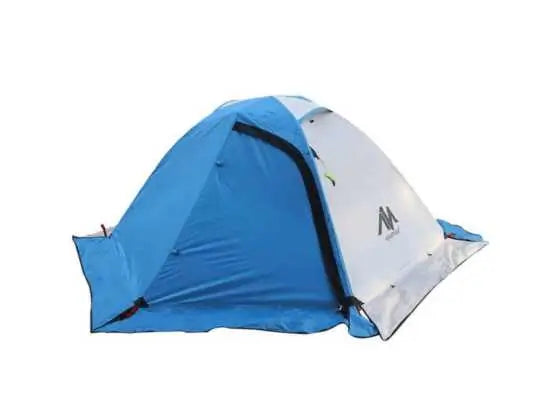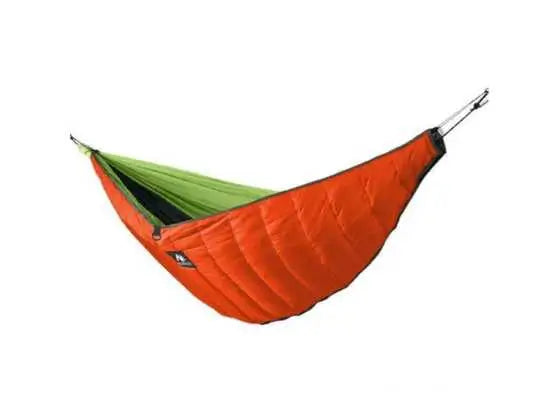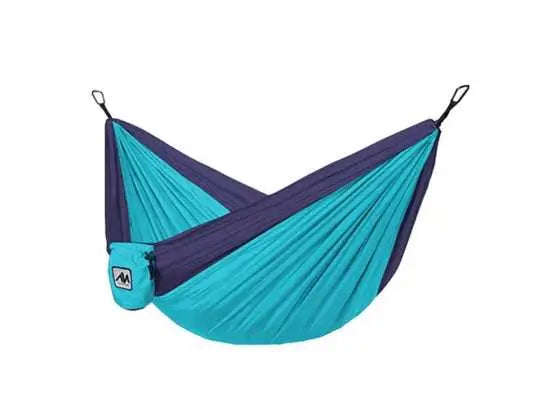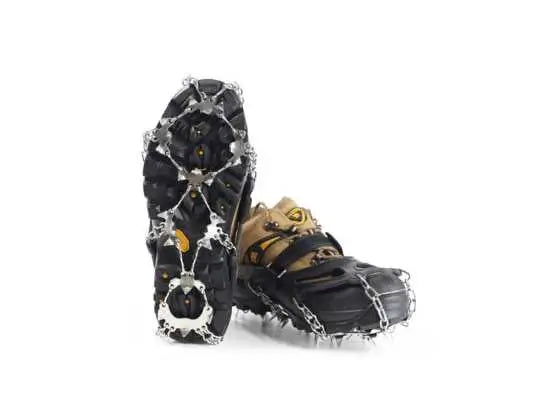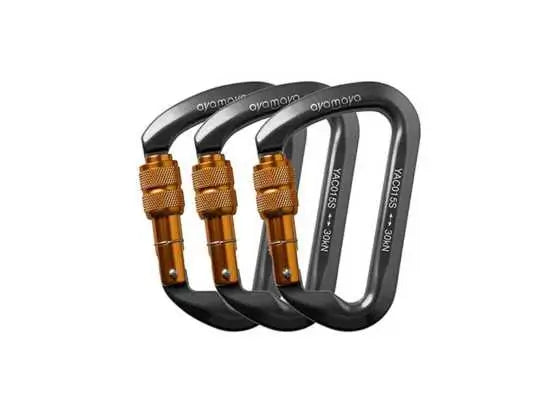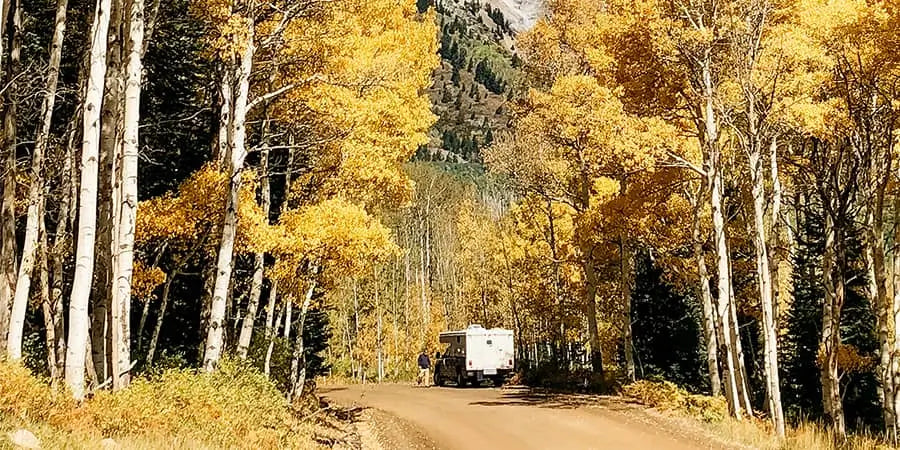Camping is among the rarest opportunities that we get to enjoy nature. There is a sense of fulfillment when we can stay and sleep in the woods. We feel close to nature, and some will even go the extra to compromise with comfort! We do not want our love for nature to compromise our comfort. That is why we are here with a detailed guide that will help you have a wonderful sleep in the wilderness.
You only need the right gear and good preparation, and there you will be ready for a wild night out. Read on for insights on the best equipment that campers can have for the best sleep.
What you need for sleeping outdoors
It would be best to be sure that you are increasing your chances of comfort regardless of what you are. Campers and backpackers deserves a good night of sleep. That is why it is worth checking through the gear below;
Sleeping bag
There are two types of sleeping bags; car camping bags and backpacking bags. The car camping bags are wider and offer more roll around the room, but they are not very efficient in retaining the body heat. You may need to reconsider the car camping bags when the conditions are extremely chilly. Backpacking bags are in mummy shape to give you a warmer fit. If you are looking for a lightweight sleeping bag, then backpacking sleeping bags will be an option for you.
Sleeping pad
The sleeping pad is another gear that you can consider for warm sleeping during camping. You will find two types of sleeping pads; self-inflating air and closed-cell foam. Car campers do not have issues with weight. They can use a pillow or a mattress and have bliss at night. For backpackers, they are keen on the bulk in their back. They consider a super lightweight pad. Several sleeping pads are available for you to determine the best weight that will best work for you.
Pillows
It will be helpful to have some pillows while you are out there camping. If you have more at home, you can have one or two. You may also consider best selling sleeping bags that comes with a pocket to hold a pillow. It is a great consideration when planning to sleep warm in the wilderness.
Eye mask and earplugs
You may not always need eyes masks, but if you are camping in the northern latitudes during the summer, it will be beneficial. Ambient lights are heavy during summers, and it necessitates the need for earplugs.
The bedtime preparations when camping
Sleeping during camping is vital. It would be best if you did a thorough preparation, such as organizing your camp, tent and sleeping setup. A proper bed set up in a campsite will give you a good night sleep. Check the basics below:
- The location of your tent is crucial. Choose a good tent site that is free of stumps, sticks and thorns. A flat area is the safest place for tent camping.
- Organize for lighting; it may get dark during the nights, and you will be surprised if you do not have the headlamps. If you can get some led lanterns, you will be doing well because they are helpful at night. Hang them at a position that you can easily access during the night.
- You should repeat your routines. Your stay at a campsite should not be a reason to alter your habits before you sleep. Brush your teeth, pray if you always do, or even play a song. If you pee before you go to sleep, do it the same way you have been doing. It is just another home away from home, and you need to feel like you are home.
- If you have scented toiletries and food, you need to store them securely. Every park has its own food rules, and you should be conversant with them. Do not be sloppy with food or a food trash can.
- Never sleep on wet clothes while outdoors because it will compromise your comfort. Get warm clothes that will give you a comfortable night sleep. You can consider long underwear and clean socks.
- Overdressing will also cause some discomfort. You can avoid overdressing by getting the best sleeping clothes rather than piling many dresses that eventually hurt your comforts.
- You may also prepare for midnight restroom trips. It would be best if you had your sandals ready at the door; your headlamp should also be in a standby position so that you don't end up wasting your house searching around the tent.
- Some group of campers gets thirsty at night. If you know, you always take water at night, place your water bottle next to your head, or a sleeping bag.
- Finally, you are in the woods, and you should be ready for the midnight noises. An owl may hoot outside your tent; birds will chirp, bears may also roar. Though some campers find these experiences hilarious, it may not be the case for everyone. You should only prepare well because even small critters may sound large at night.
How to Stay Warm During the Night
You may not even need to zip up your sleeping bag on mild, balmy nights. Often, campers will slip their feet into the foot box of the bag and drape it over them. Bring a sheet and a light blanket from home if you expect warm nights. That may be all you'll need.
These strategies will help you stay warm while camping in chilly weather or if you're a cold sleeper in general:
- Before going to bed, eat a meal or a light snack. Digestion heats you from the inside out, providing the heat you need to sleep peacefully.
- Drink a warm, nonalcoholic beverage. (Alcohol causes blood vessels to dilate, allowing more heat to escape.)
- Exercise is important just before you sleep. If you drink too much, you may become sweaty or agitated. Sit-ups in your sleeping bag are a simple technique to keep yourself and your sleeping bag warm.
- Remember to put on your long underwear and clean, dry socks once more.
- Wear a warm neck gaiter if your neck gets cold easily.
- If you're cold when you first go in your bag, wear a warm knit hat. If you get too hot throughout the day, you can easily remove it off at night.
- Even if you're wearing a hat, cinch the sleeping bag hood around your head. You might only leave an opening large enough for your nose and mouth on below-freezing nights.
- For extra comfort, use a closed-cell foam cushion beneath your standard sleeping pad.
- Cinch the sleeping bag hood around your head. You might only leave an opening large enough for your nose and mouth on below-freezing nights.
- For added insulation, place a closed-cell foam pad beneath your standard sleeping pad.
- Fill empty areas in your sleeping bag with dry garments to reduce the space your body must heat.
- Place a warm water bottle near your core, as your core is your body's primary heat-generating zone. Try putting it next to your femoral arteries to help it warm up even faster (between your legs).

